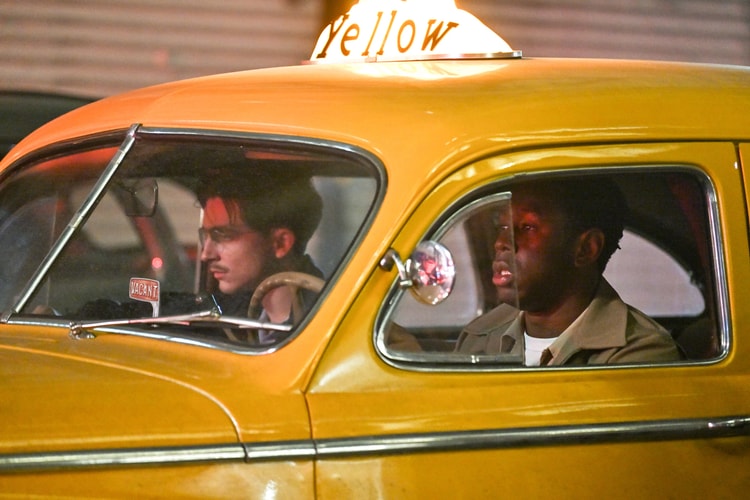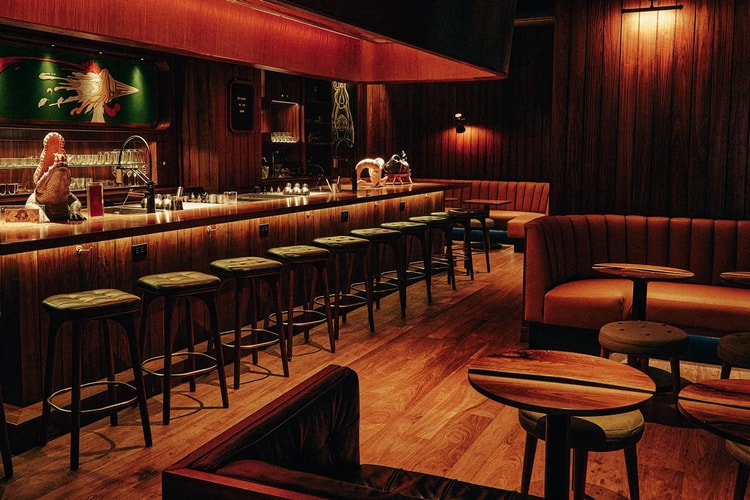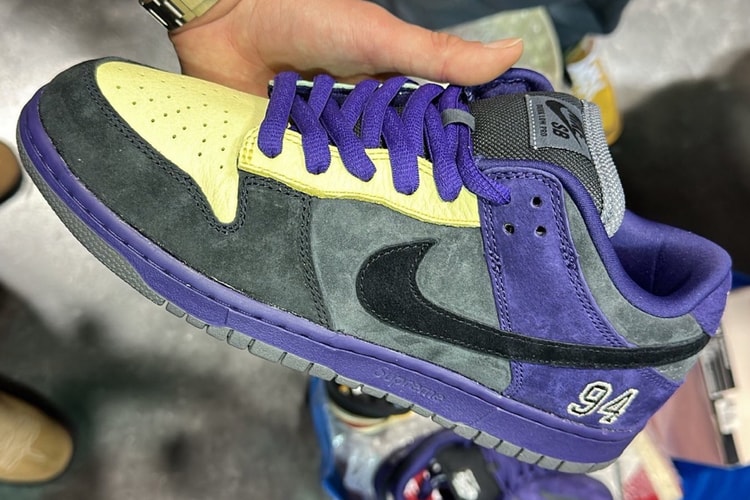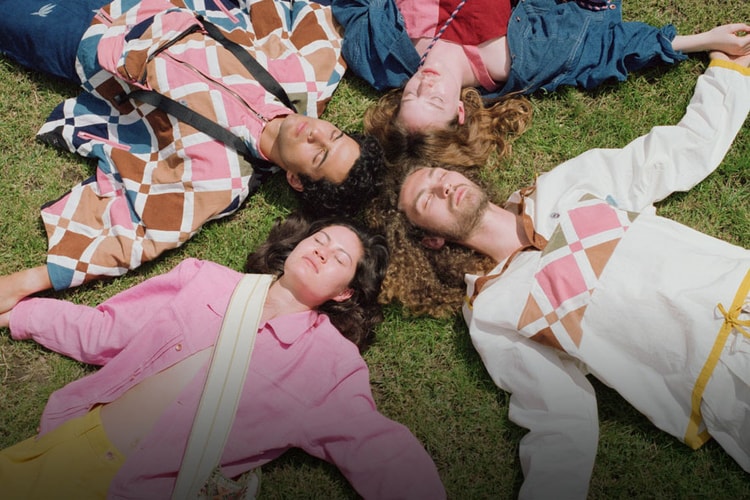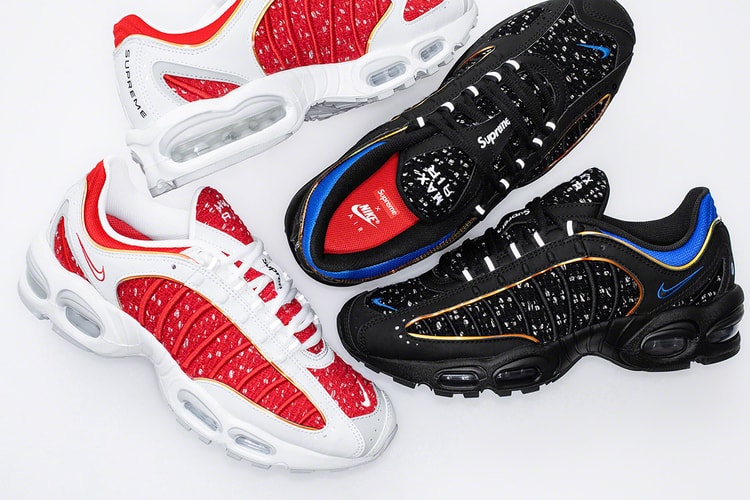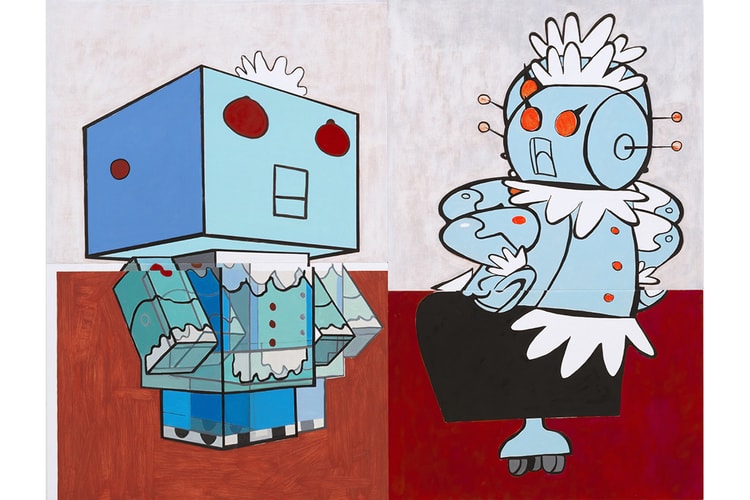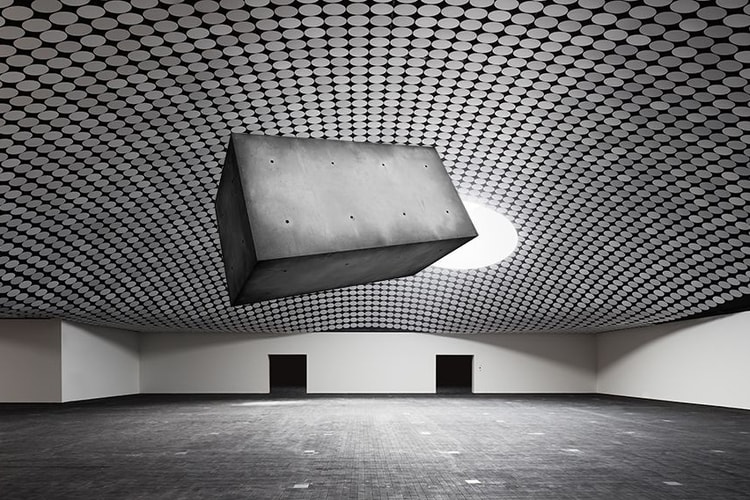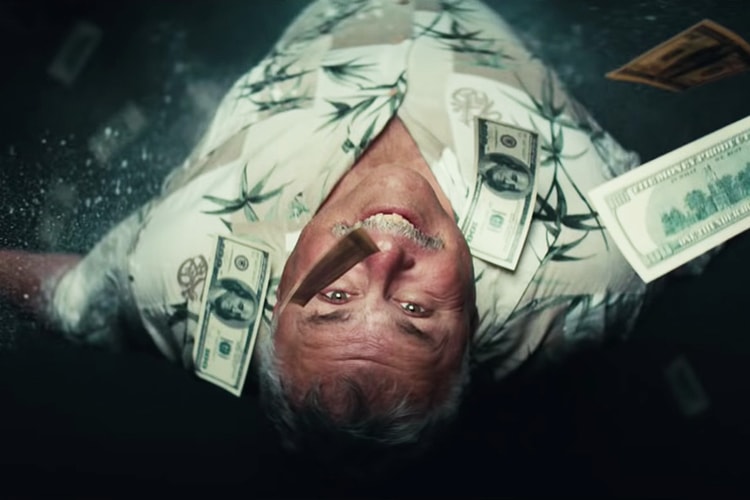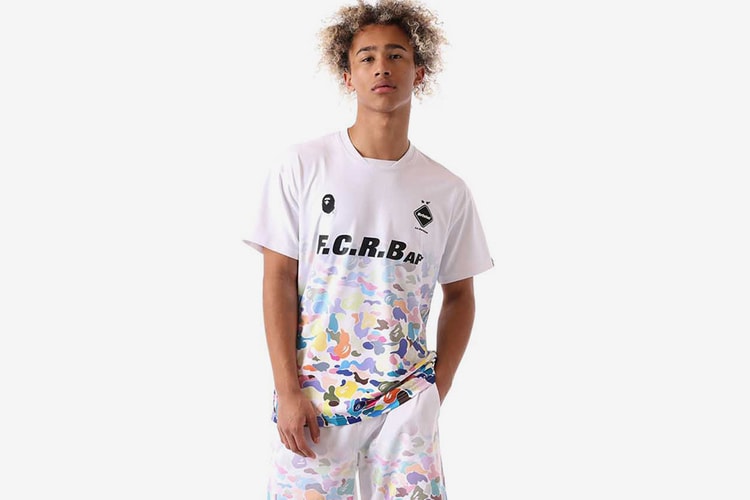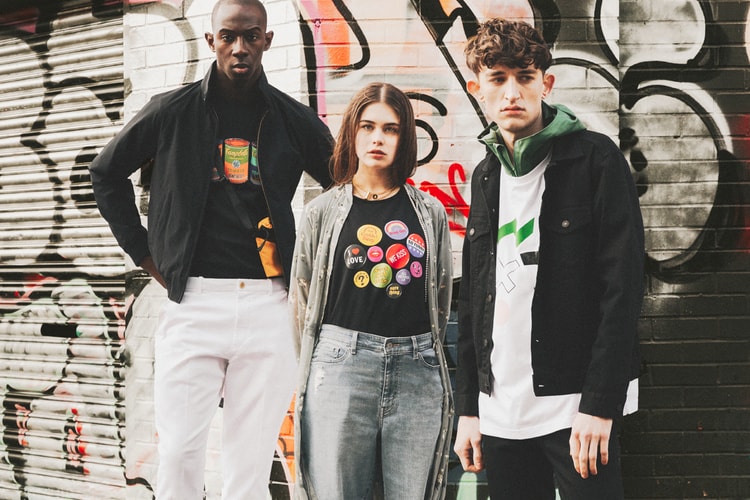Inside the Counterfeit World of Supreme Italia and Supreme Spain
‘CNN’ investigates the imitators producing fake Supreme gear.
Supreme‘s most infamous imitator, Supreme Italia, has been derided around the globe for its Shanghai outpost and faux Samsung collaboration, with Supreme’s legal team keeping up the pressure against the ‘counterfeit organization.’ Even still, there’s no shortage of fake Supreme goods popping up around the globe, prompting CNN to investigate the phenomenon of counterfeit ‘Preme.
CNN Business and CNN Style teamed up to take on the sprawling investigation, spending months assembling a comprehensive history of the New York-based brand alongside the in-depth exploration of fakes. Die-hards know the details behind the brand already, but some details may come as a surprise. For instance, it’s uncommon knowledge that Supreme’s technique of “dropping” select goods from the seasonal collections every week wasn’t set in stone from the beginning, but was developed at the brand’s Japanese outposts.
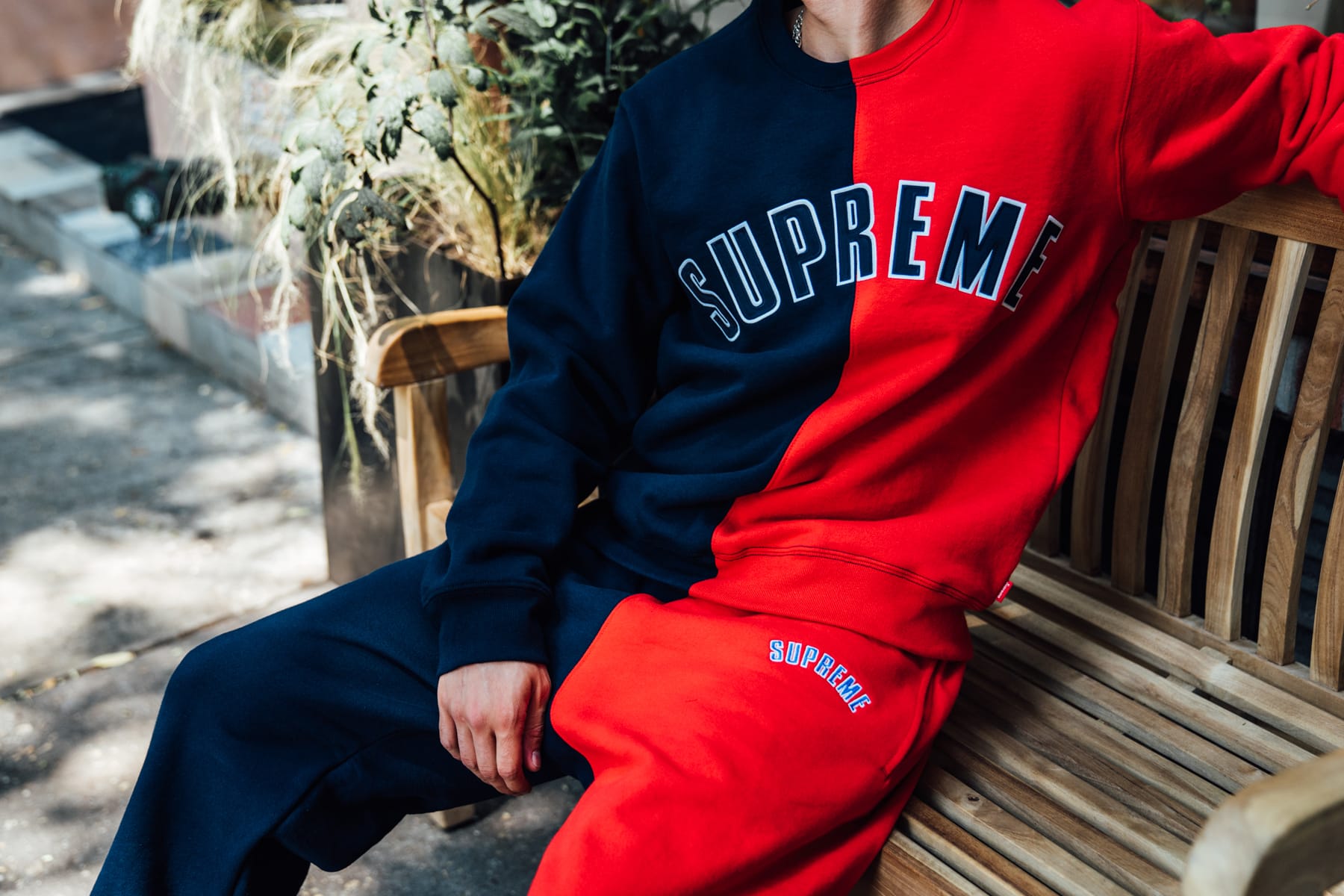
Eddie Lee/HYPEBEAST
As for the current slate of bootleg Supreme, the feature touches on the challenge of copyrighting a generic phrase like “supreme.” The investigative team looks at Supreme’s ongoing legal battle in Italy and Spain, where fake Supreme brands were launched by UK-based International Brand Firm, LTD (IBF). Though Supreme has won major battles in Italy — judges ruled that the original brand was well-known enough to override IBF’s Supreme Italia trademarks — it has been dealt a major blow in Spain, where courts ruled in favor of IBF, citing IBF’s early trademark filings as the rationale for the decision. The decision has since been appealed.
Giovanni Casucci, an Italian lawyer currently litigating on behalf of Supreme’s parent company Chapter 4, notes that the fraudulent company is often described as a “legal fake” by trademark lawyers. “It’s an oxymoron, a completely self-contradictory definition,” Casucci emphasizes. “You can not be legal if you’re fake.” He compares Supreme Italia’s positioning to cybersquatting, when a domain name is registered for its similarity to that of a popular brand, intending to fool consumers. “It’s a phenomenon that was highly criticized 20 years ago and now it’s clearly an evident abuse.”
Despite its victories in Italy, Supreme’s loss in Spain means that Supreme Spain continues to operate its own website, with four physical stores in Madrid, Barcelona, Ibiza and Palma de Mallorca. “The fact is, there is no distribution of the physical products in Italy or Spain,” IBF lawyer Simona Lavagnini contends, pointing out the original Supreme’s lack of presence (and trademarks) in most European countries. “There are a few shops in some privileged European countries like the UK and France, then there is a website where it is theoretically possible to acquire the products, but they immediately sell out … And then the only way to buy the product is to go to these resellers websites where the products are sold at much higher prices.” IBF’s official Instagram account even makes the claim that “We are against the illegal and immoral practice of reselling.”
Chapter 4’s lawyer Casucci retorts that Lavagnini’s response is “the frivolous argument of a free rider. They are not Robin Hood.” He acknowledges that the Supreme Spain operation is legitimate (Supreme Spain uses a different logo than the authentic American brand), but adds “my impression is there’s a typical case of undue profit off the reputation of another brand.”
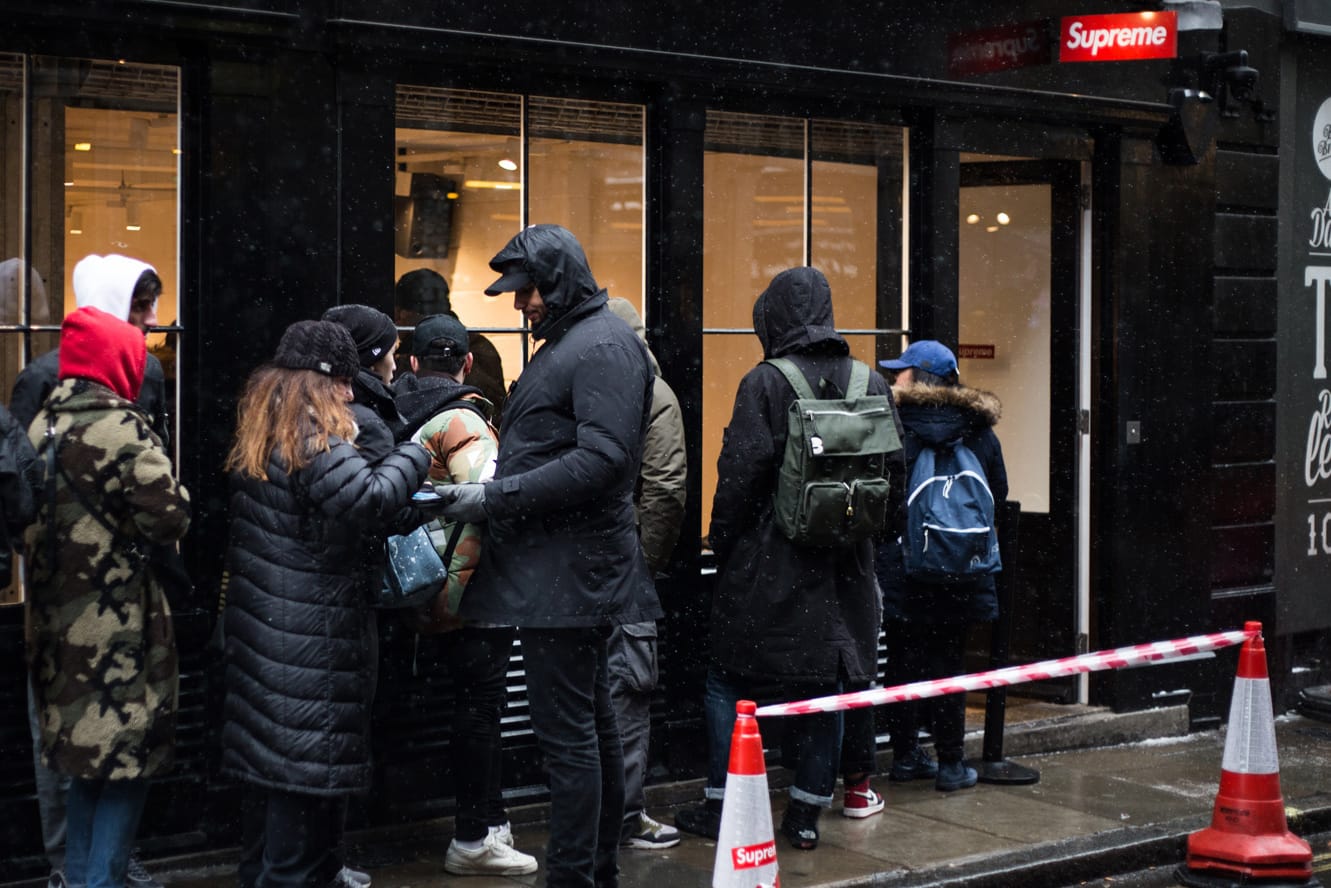
Ben Awin/HYPEBEAST
Read more of the investigative feature on CNN‘s site now and watch the accompanying seven-minute video above.
Most recently, we took a closer look at the (authentic) Supreme x Nike Air Tailwind IV capsule collaboration.



